The International Federation of Padel (FIP) has decided to offer the Qatar to host the next Worlds after those successfully completed last year.
Since this morning, many Internet users do not understand this choice. Why has the FIP renewed its confidence in Qatar? Why will we have three international competitions in one year in Doha? Two world championships padel successive in the same place, is this normal? What's more, in a country where fans of padel are not legion...
We will/cannot answer all of your questions. That's why we're just going to try to reframe the context, but also to ask you questions. Feel free to submit your comments below the post. We may resume them soon.
Two world championships in a row, a first?
Contrary to what one might think, there is already a precedent in the padel. The FIP had awarded the worlds to Mexico two years in a row. It was the 10th and 11th world padel in Cancún (2010 and 2012) as one of the ambassadors of the padel French for more than a decade, Kristina Clément.
Cancún 2010 had been a successful competition. Cancún 2012 much less.
There is therefore already a precedent at the FIP with these two world championships organized consecutively in the same city. It is true that Mexico is a special land since it is where the padel was invented. And it must be remembered, the conditions were not the same in 2010 or 2012. The padel was much less developed at the international level, and the FIP did not have many serious candidates either. Whereas today, at first glance, there is no shortage of sites, clubs and federations.
Here, we understand via the FIP press release that there were candidates, but that Qatar's candidacy was accepted.
Today, at a time when the FIP says it wants to internationalize the padel and establish it all over the world, we are surprised to see exactly the opposite with this second World Cup in a row in Qatar.
The idea is obviously not to call into question the professionalism and colossal investments of the organizers. The infrastructures are exceptional and we can only applaud the level of organization of the competitions that take place at the Khalifa International Tennis & Squash Complex.
But isn't it a bit of a lack of courage on the part of the FIP not to try the adventure elsewhere? Isn't it the easy way to renew in Qatar even if we imagine of course that the organization will once again be very efficient.
Luigi Carraro, the President of the FIP, explained to us during this first World Cup in Qatar that “the next international competitions will be exceptional“. Or even that it is necessary “internationalize as much as possible padel“. Words full of common sense, but which do not seem to be really applied on this one…
A lack of visibility
Hard to say. Firstly because we have no visibility on the conditions and the way in which we were awarded these worlds (unfortunately…). And then because it is indisputable that the first edition in Qatar was a great success for the players, just like the first Major of Premier Padel. On the other hand, for the fans it is more annoying since the stands were often empty…
We wonder about this decision of the FIP. Is it the easy choice? Is this the image that an international federation wishes to show? Is it only Qatar today that is capable of offering a quality World Cup?
For the moment, there is clearly a lack of information from the FIP. We know nothing about the candidates, the votes, the conditions. No explanation on these choices at the time of this writing.
Is it normal for a country to host two world championships in a row?
The question is therefore whether we should not simply prohibit a city or a country from organizing two successive international championships? Because in reality, the FIP can do everything from the moment the statutes do not prohibit it.
Shouldn't there be a tacit rule that forces the FIP to try as much as possible to find other sites, other places to host a World Cup? From the moment she said that there were candidates, did she propose specifications that would allow other countries to have a chance against the Qatari colossus?
But finally, did the FIP really have other serious candidates? Could it hope to organize a world championship of such a level in another country? Otherwise, it would necessarily be a disappointment because it would mean that the padel is not that developed in the world, and that the international federation depends in a certain way on the professionalism and investments of Qatar to organize a quality World Cup...
To your pens, to comment on this post and give your opinion.
Franck Binisti discovers the padel at the Club des Pyramides in 2009 in the Paris region. Since padel is part of his life. You often see him touring France going to cover the major events of padel French.




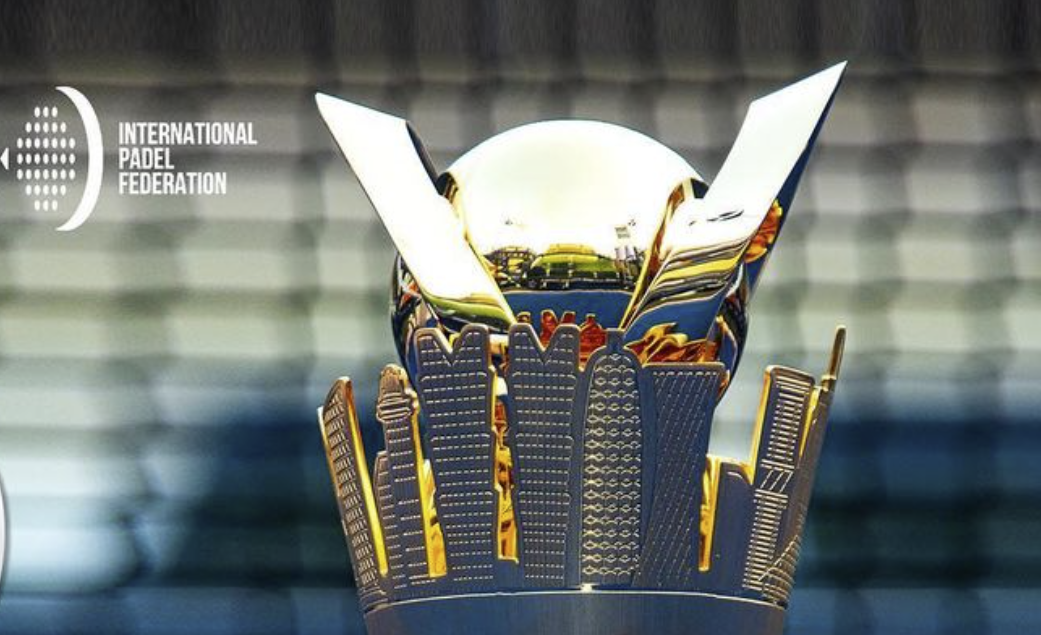
































































































 Padel Score comes to Tahiti for American Express Padel Cup!
Padel Score comes to Tahiti for American Express Padel Cup! Do you know the Rafa Nadal Academy Tour?
Do you know the Rafa Nadal Academy Tour? At the heart of padel – Episode 25: Paul and Andoni answer your questions
At the heart of padel – Episode 25: Paul and Andoni answer your questions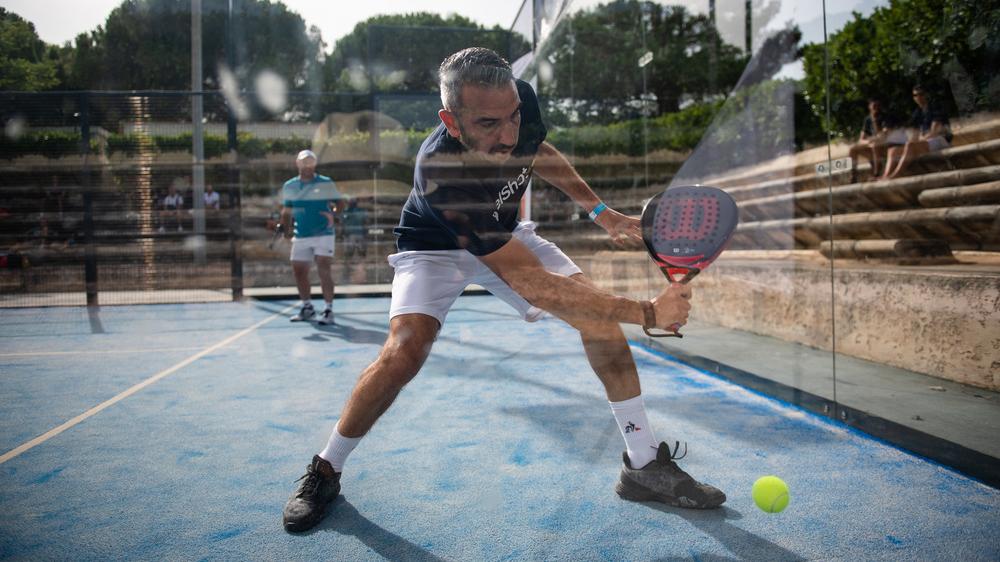 Simon Boissé: “We know that there are two nations in front of us”
Simon Boissé: “We know that there are two nations in front of us”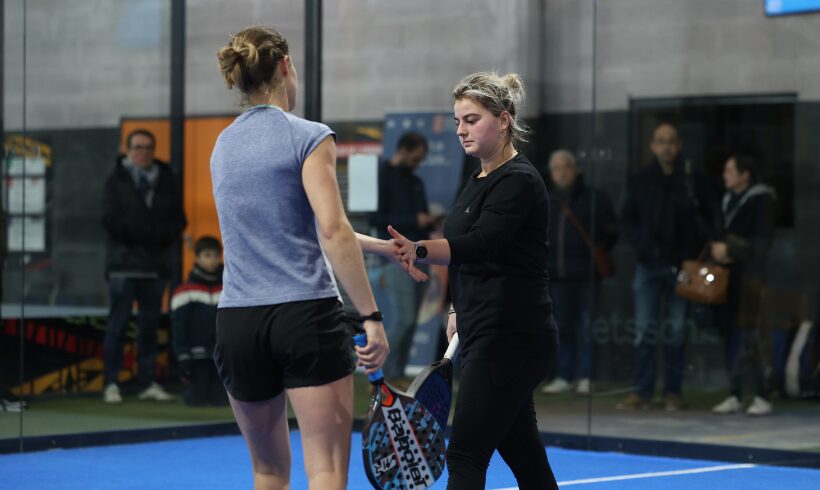 Marie Maligo: “This period of frequent changes of partners was beneficial for me”
Marie Maligo: “This period of frequent changes of partners was beneficial for me”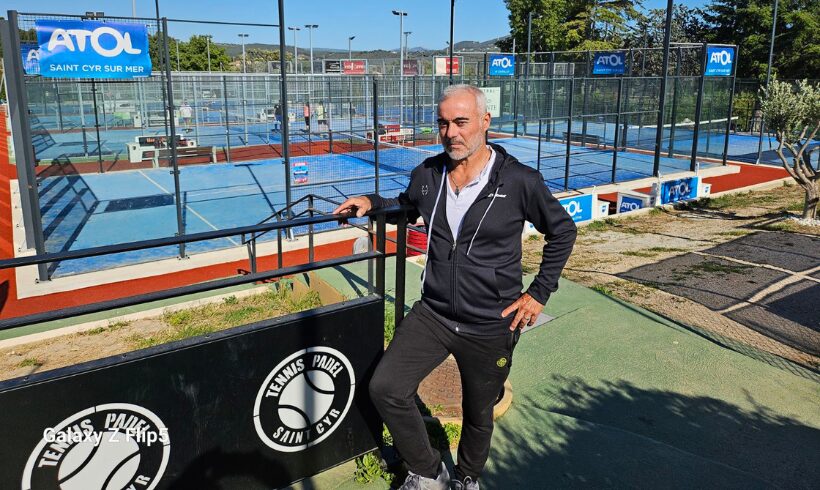 Alain Idier: “Adding tracks of padel, without sacrificing tennis”
Alain Idier: “Adding tracks of padel, without sacrificing tennis”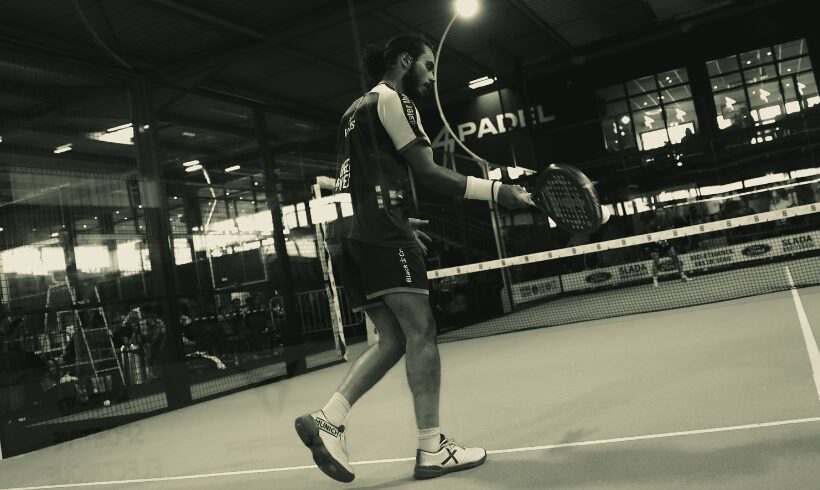 Manuel Vives: “It’s extremely difficult to get by financially”
Manuel Vives: “It’s extremely difficult to get by financially” Mind Padel Lyon and the Auvergne Rhône-Alpes League innovate with team tournaments
Mind Padel Lyon and the Auvergne Rhône-Alpes League innovate with team tournaments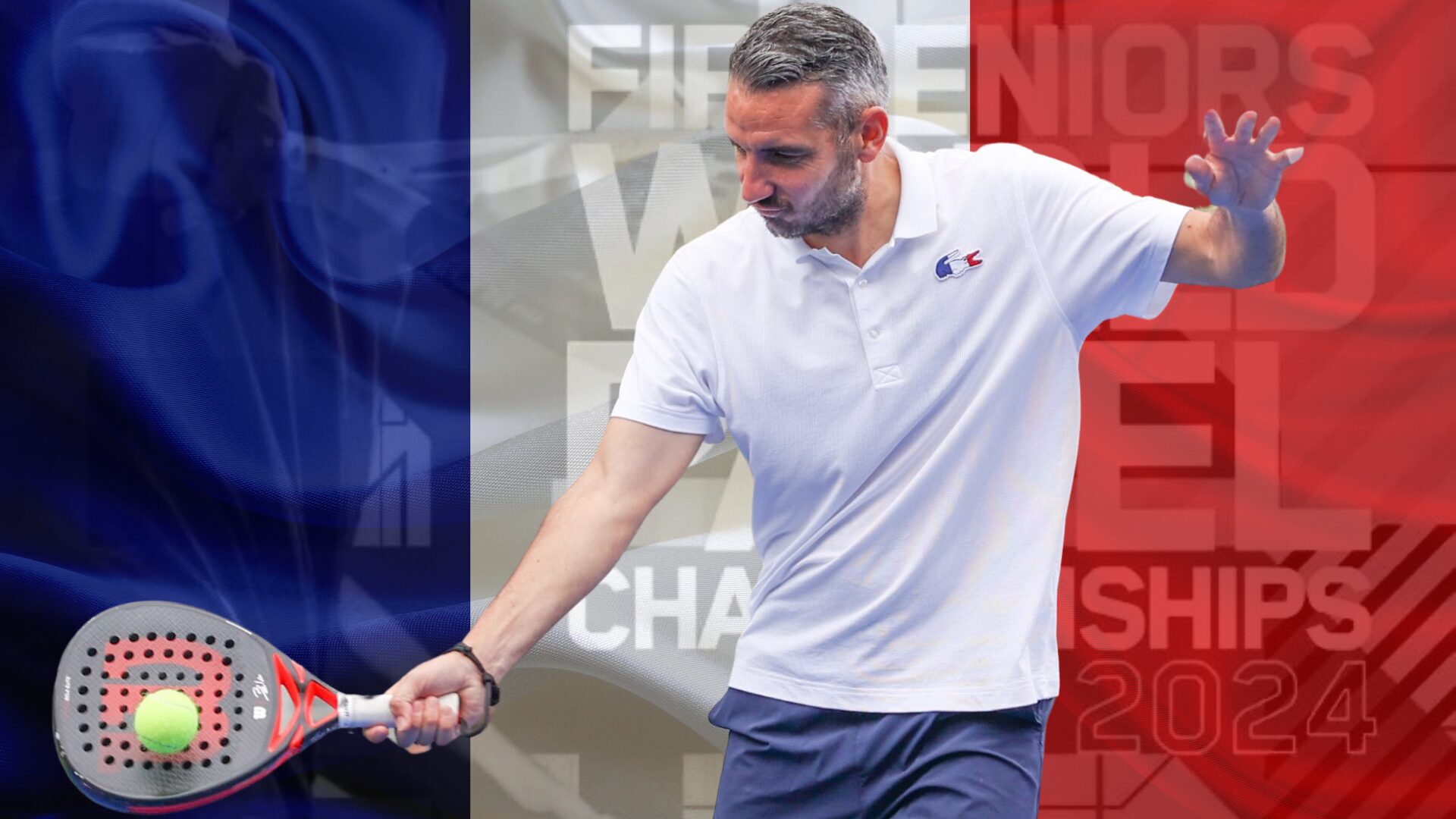 Simon Boissé: “We know that there are two nations in front of us”
Simon Boissé: “We know that there are two nations in front of us” Team PAX (Domingo / Xari) returns to victory
Team PAX (Domingo / Xari) returns to victory Alex Ruiz: “Finding joy again with Momo”
Alex Ruiz: “Finding joy again with Momo” Nerone: “Tolito is not a normal player”
Nerone: “Tolito is not a normal player” P2 Brussels – Like a new school year!
P2 Brussels – Like a new school year!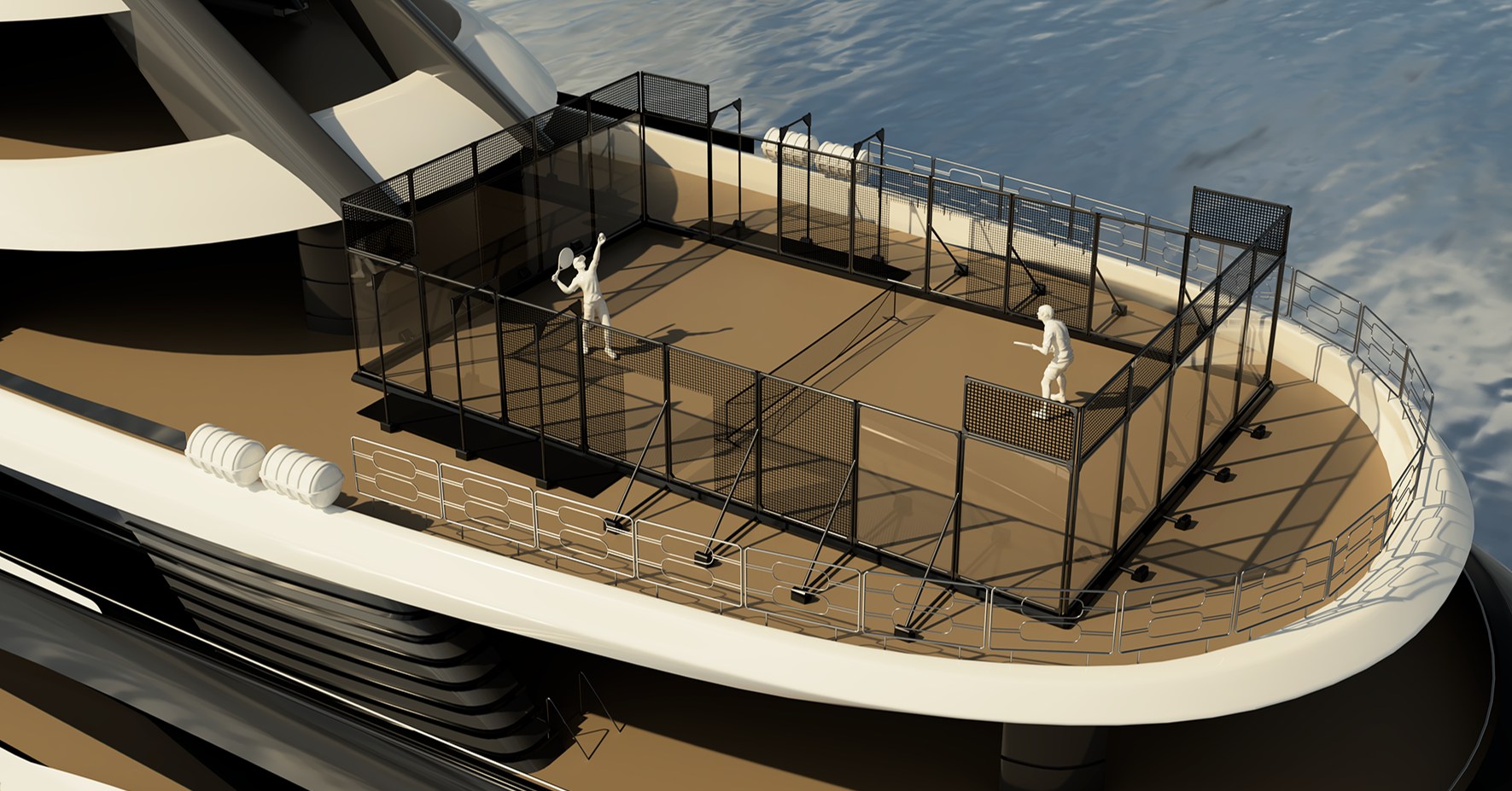 Play at padel on his yacht? Possible for €233.000!
Play at padel on his yacht? Possible for €233.000! TOP Padel : “A premium club with 10 slopes in Toulouse”
TOP Padel : “A premium club with 10 slopes in Toulouse”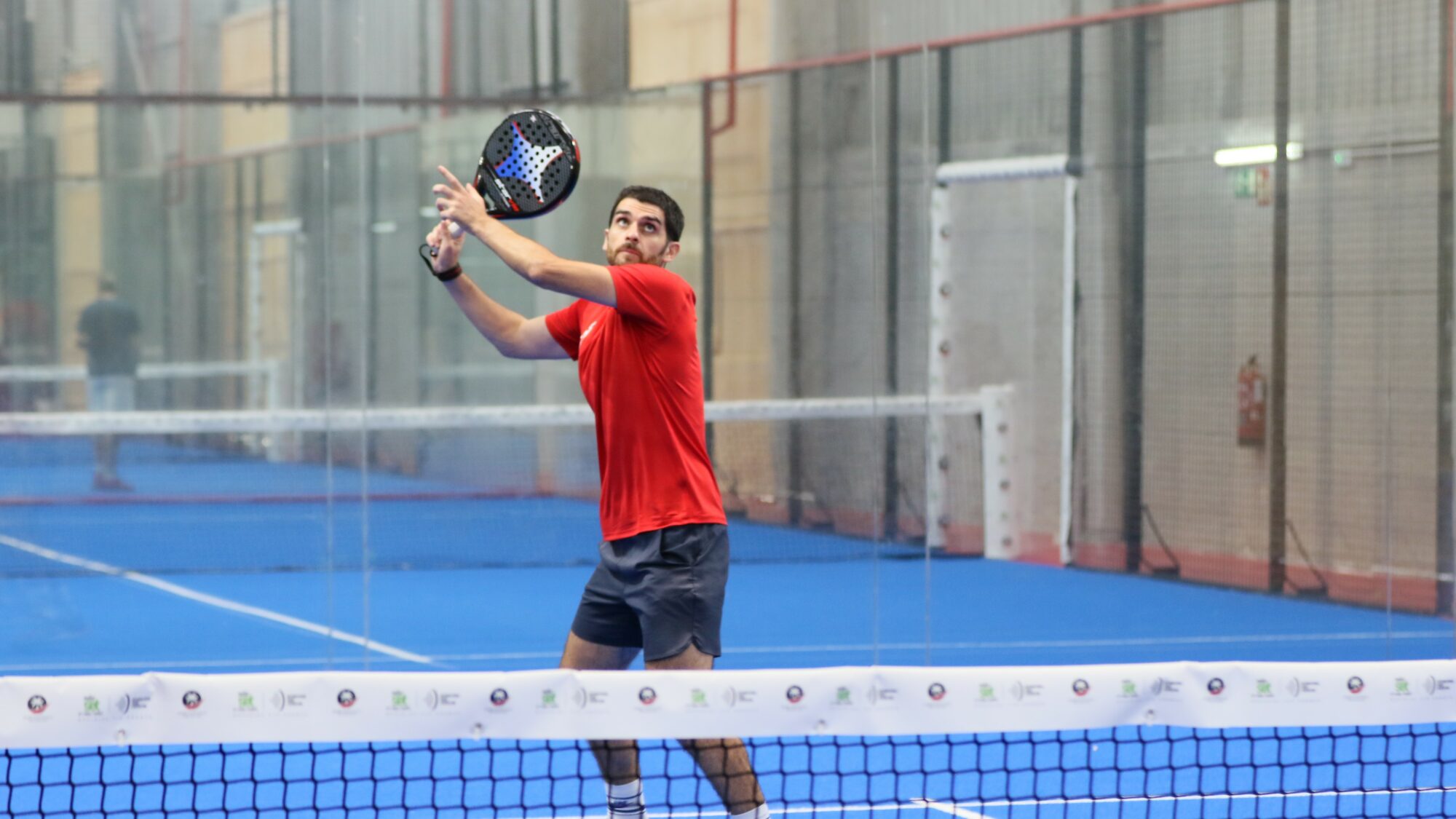 At the heart of padel – Episode 25: Paul and Andoni answer your questions
At the heart of padel – Episode 25: Paul and Andoni answer your questions Tactical padel – What to do when faced with players who systematically stay at the bottom?
Tactical padel – What to do when faced with players who systematically stay at the bottom? The basic tactics of padel
The basic tactics of padel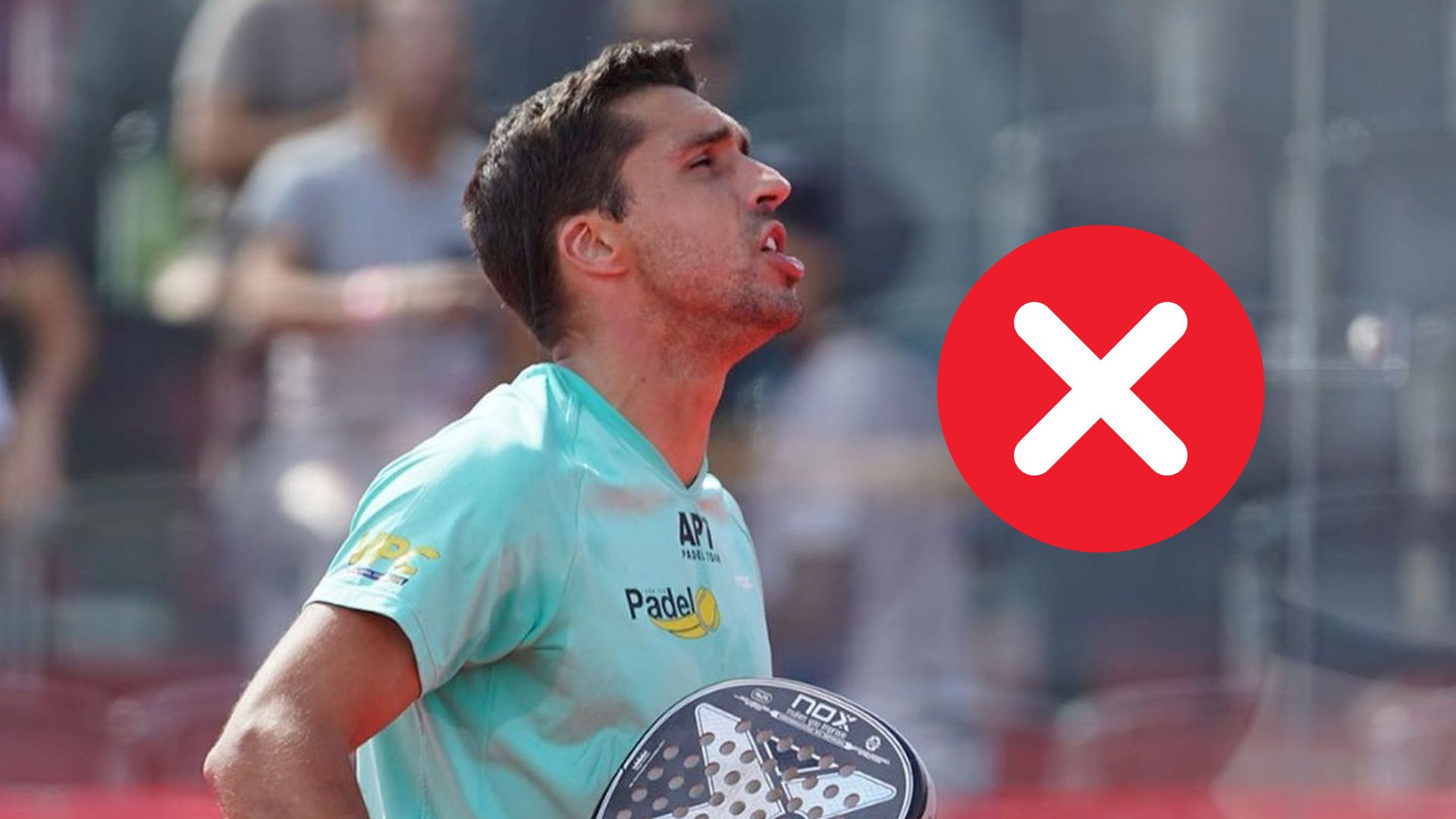 A par 4 is always a winner...even if you manage to defend it!
A par 4 is always a winner...even if you manage to defend it! At the heart of padel – Episode 23: defend the window well
At the heart of padel – Episode 23: defend the window well Prohibition on playing topless Padel : the reasons
Prohibition on playing topless Padel : the reasons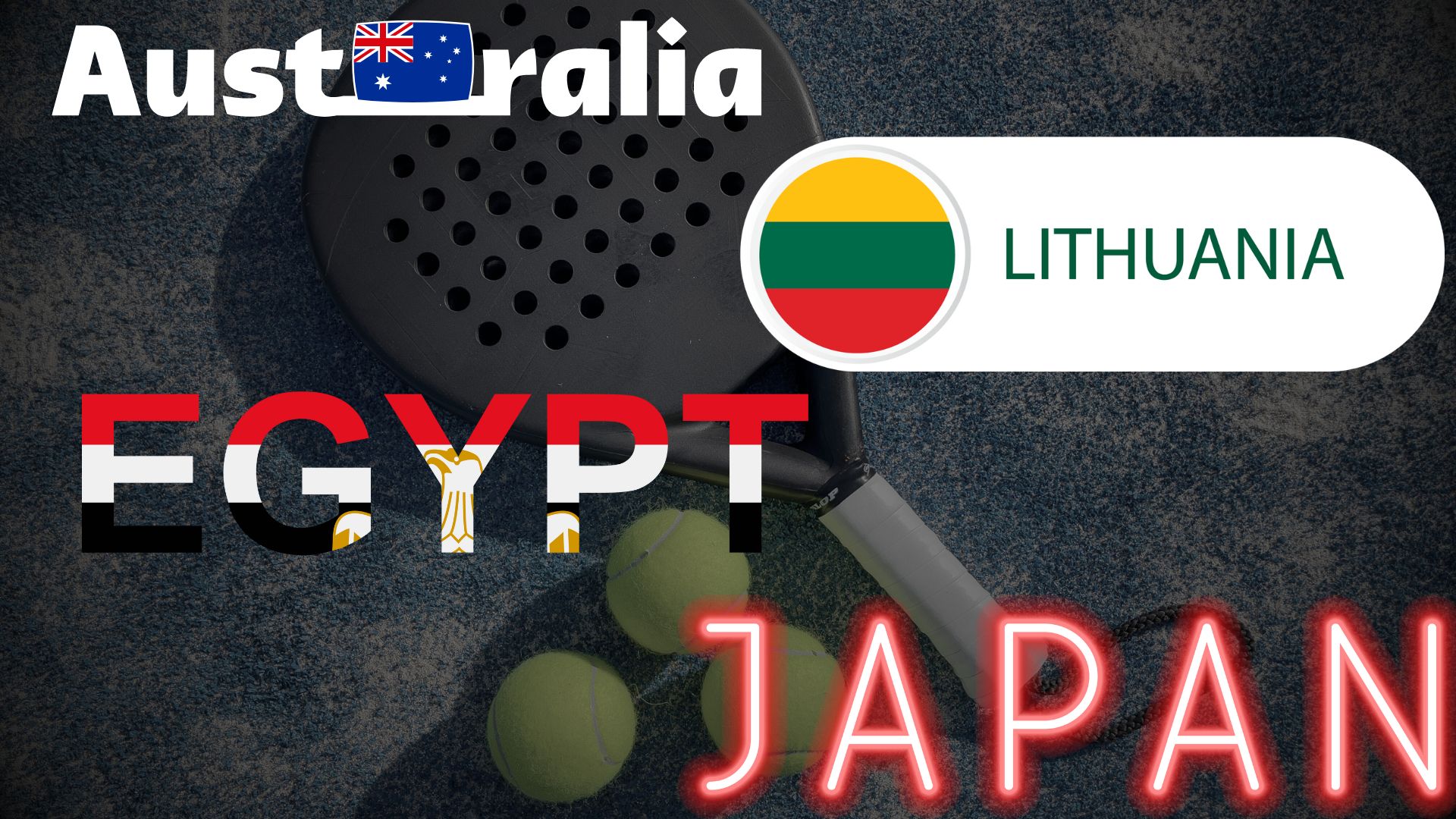 FIP Tour – Going far from Europe, THE strategy to earn points!
FIP Tour – Going far from Europe, THE strategy to earn points!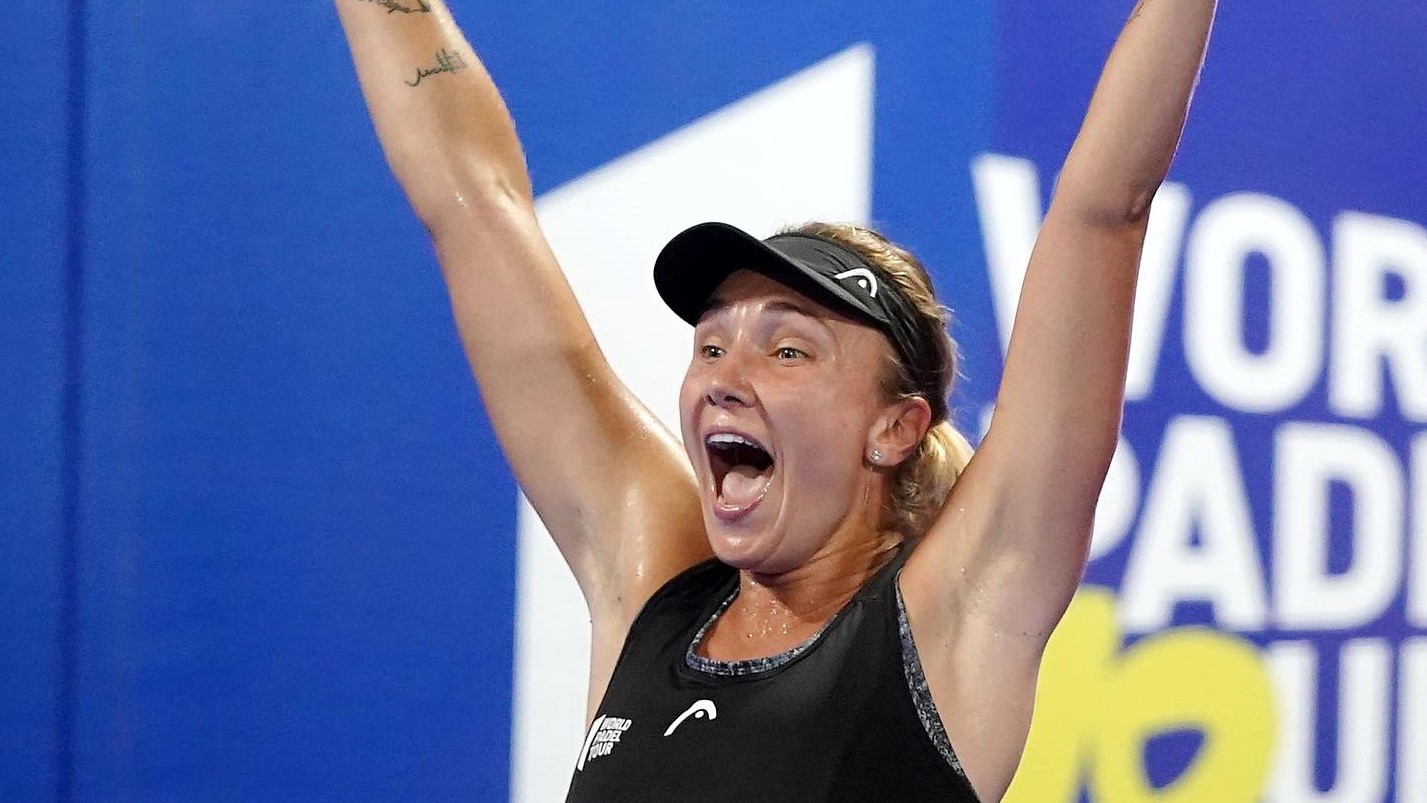 What is a good football player? padel ?
What is a good football player? padel ? “Lefties give me headaches when I play against them!”
“Lefties give me headaches when I play against them!” At the heart of padel – Episode 14: how to earn points in winter?
At the heart of padel – Episode 14: how to earn points in winter? Carbon fiber VS fiberglass: what to choose?
Carbon fiber VS fiberglass: what to choose? How to effectively test a racket padel ?
How to effectively test a racket padel ? La padel to fight Parkinson's disease
La padel to fight Parkinson's disease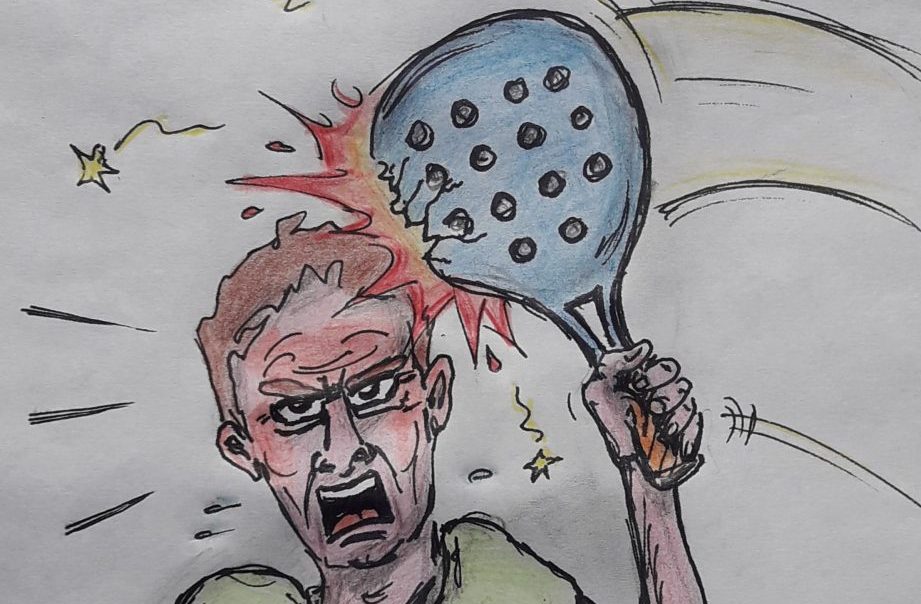 Don't play with a cracked or broken racket, your body will thank you!
Don't play with a cracked or broken racket, your body will thank you! Michel Cymes: “The padel, physically, it’s serious!”
Michel Cymes: “The padel, physically, it’s serious!” Jeremy Gala: “Promote the padel among young people in Belgium remains a challenge”
Jeremy Gala: “Promote the padel among young people in Belgium remains a challenge” The French Touch Academy organizes its selection day Padel-Study
The French Touch Academy organizes its selection day Padel-Study Report on the detection and training of younger generations
Report on the detection and training of younger generations Player's adult courses from April 8 to 21, 2024!
Player's adult courses from April 8 to 21, 2024!